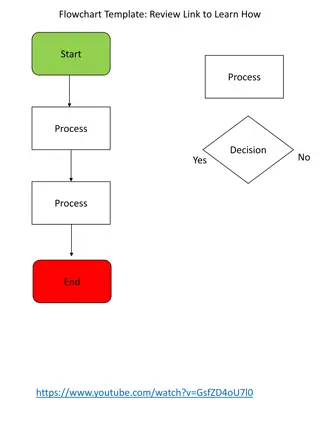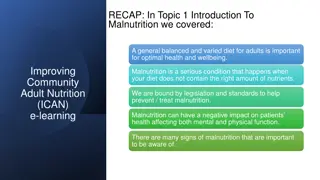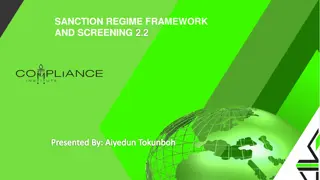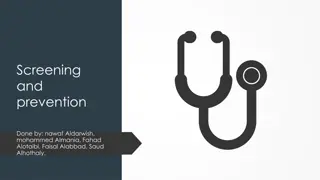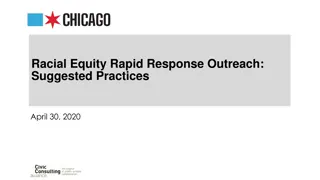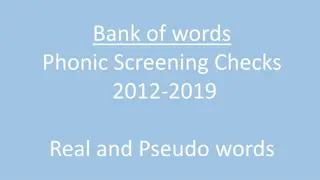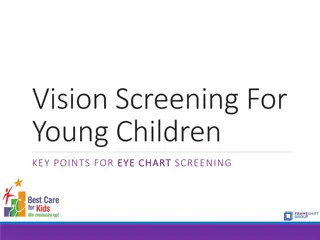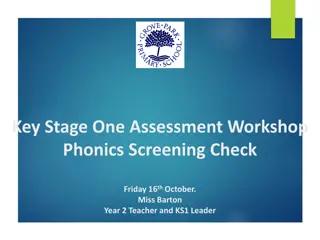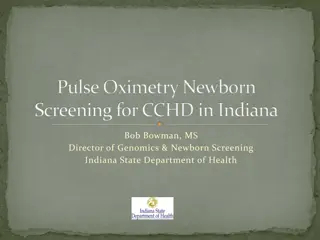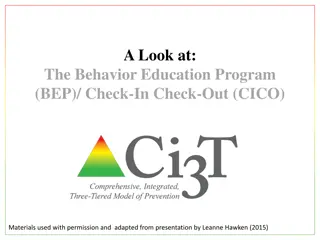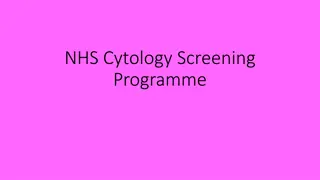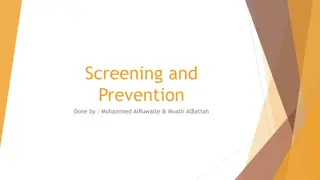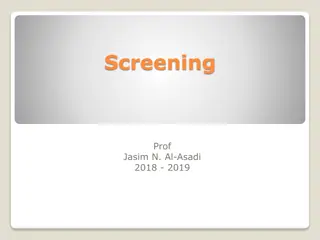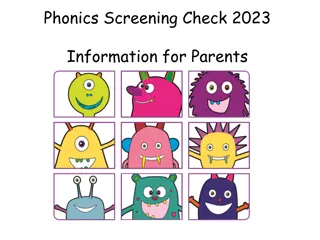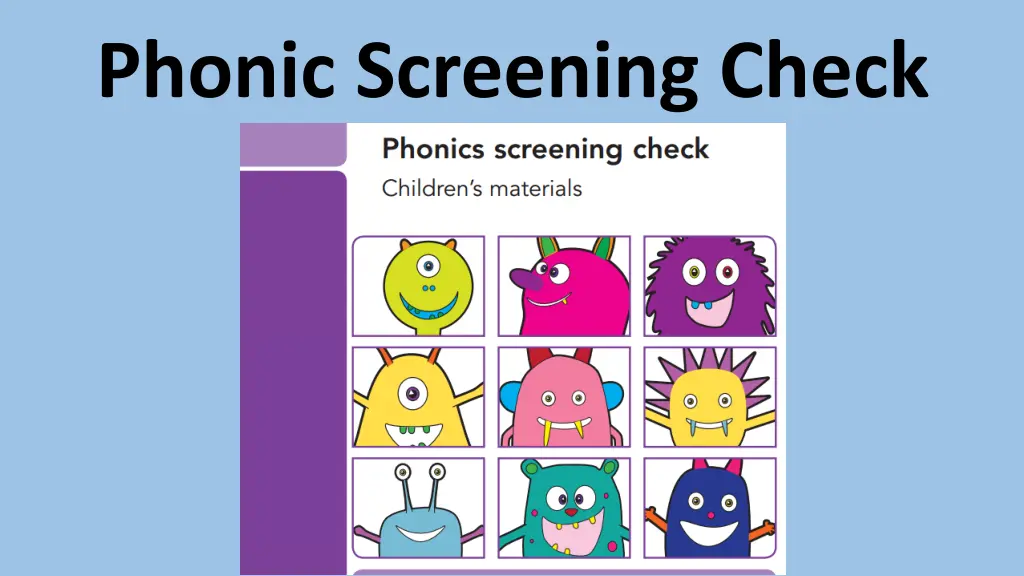
Phonics Screening Check Information
Learn about the Phonics Screening Check, a one-on-one assessment consisting of 40 words and non-words. Understand how your child's score is interpreted and discover the importance of digraphs and graphemes in early literacy development. Explore the essential sounds your child needs to know and see examples of correct and incorrect answers in the screening. Prepare your child for success in phonics with valuable insights from this comprehensive guide.
Download Presentation

Please find below an Image/Link to download the presentation.
The content on the website is provided AS IS for your information and personal use only. It may not be sold, licensed, or shared on other websites without obtaining consent from the author. If you encounter any issues during the download, it is possible that the publisher has removed the file from their server.
You are allowed to download the files provided on this website for personal or commercial use, subject to the condition that they are used lawfully. All files are the property of their respective owners.
The content on the website is provided AS IS for your information and personal use only. It may not be sold, licensed, or shared on other websites without obtaining consent from the author.
E N D
Presentation Transcript
Phonic Screening Check The checks consist of 40 words and non-words that your child will be asked to read one-on-one with a teacher. Non-words (or nonsense words, or pseudo words) are a collection of letters that will follow phonics rules your child has been taught, but don t mean anything your child will need to read these with the correct sounds to show that they understand the phonics rules behind them. The 40 words and non-words are divided into two sections one with simple word structures of three or four letters, and one with more complex word structures of five or six letters. The teacher administering the check with your child will give them a few practice words to read first including some non-words so they understand more about what they have to do. Each of the non-words is presented with a picture of a monster / alien, as if the word were their name (and so your child doesn't think the word is a mistake because it doesn't make sense!).
What does my childs score mean? Your child will be scored against a national standard, and the main result will be whether or not they fall below, within or above this standard. The threshold mark is communicated to schools at the end of June, after the test has been taken, so that teachers can mark the Check. You will be told how your child did, but schools results will not be published. If your child s score falls below the standard, they will be given extra phonics help and can re-take the Phonics screening check in Year 2.
Digraphs In Reception your child will have learnt the 26 English alphabet sounds and then started learning digraphs. Digraphs are when two sounds together make a new sound. For example . ee ay sh Trigraphs are when three sounds together make a new sound. For example igh
Graphemes If only the English language was that simple . Graphemes are spelling choices for a sound For example . ee family ee/ey/e_e/e all make the same sound but are spelled differently. Your child need to know these when reading and writing.
Sounds your child needs to know to do well.. a,b,c,d,e,f,g,h,i,j,k,l,m,n,o,p,q,r,s,t,u,v,w,x,y,z qu,sh,th,ch, ee,ey,e_e, ay,ai,a_e, ie,igh,i_e, oo,ue, er,ir,ur, ar,er,ur,ir,ue,ew,dge,ph,wh,kn,oe,ow,o_e,ue,u_e,wr ..
Phonic Screening Check Here are some examples of answering correctly and incorrectly.
Real or Alien words? We call these alien words in school and the children always know they are reading a word that won t make sense to them when they blend it. These are some great games you can play at home ..
How to help at home How you can help at home Listen to your child read at least 3 times a week. Practice making words using sounds Read word lists sent home Play games online
Phonic Websites/Apps Mr Thorne Does Phonics http://mrthorne.com/ ict games www.ictgames.com/literacy Teach your monster to read http://www.teachyourmonstertoread.com/ Phonics Play www.phonicsplay.co.uk Family Learning http://www.familylearning.org.uk/phonics_games.html

